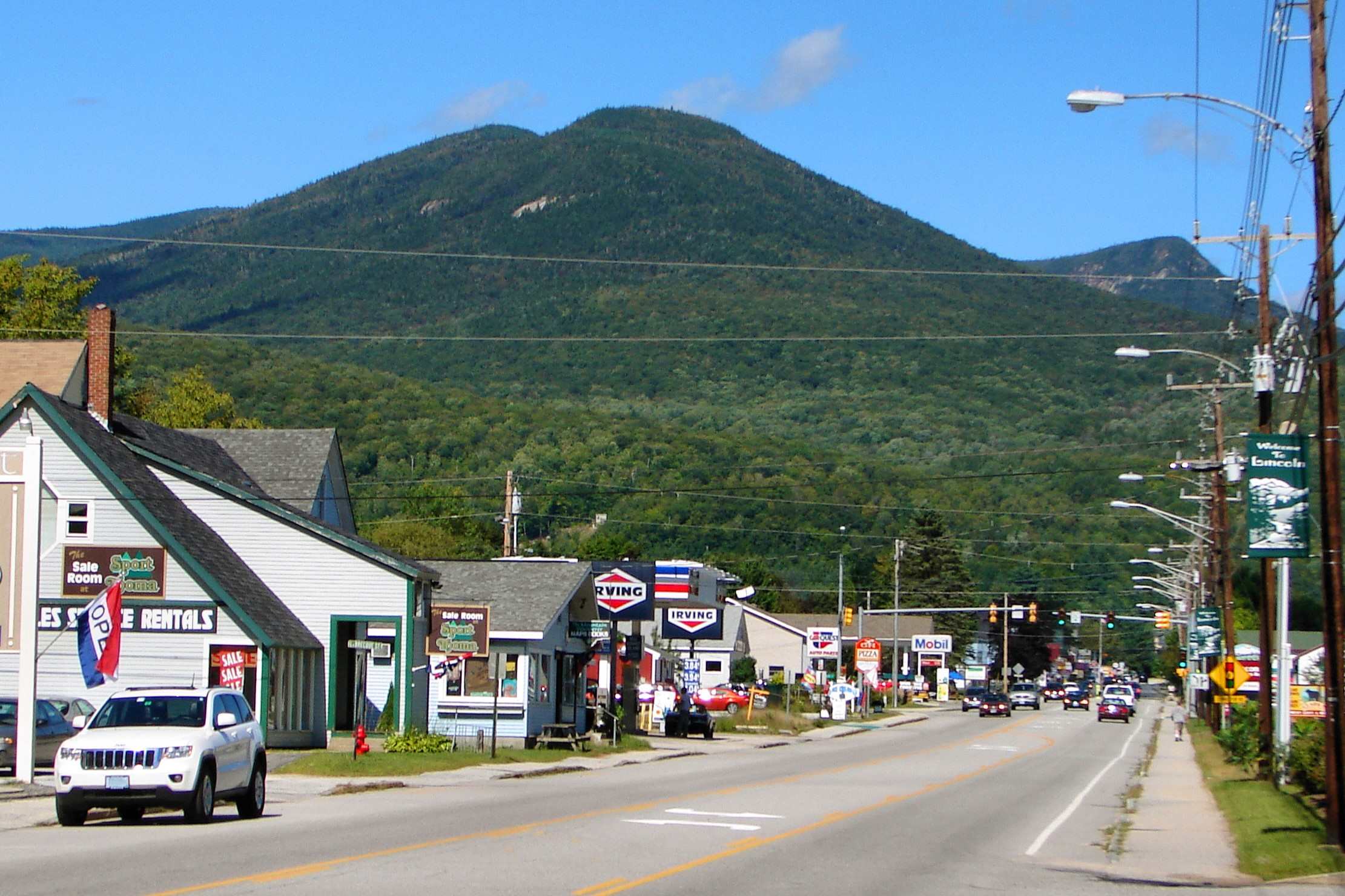Hidden Lumber Towns Of New Hampshire

Have you ever wondered about the hidden lumber towns of New Hampshire? These small towns, often overlooked, hold a rich history tied to the logging industry. Imagine walking through streets where the scent of pine still lingers, and old sawmills whisper tales of the past. These towns offer more than just history; they provide a glimpse into a simpler way of life. From quaint general stores to scenic hiking trails, each town has its unique charm. Whether you're a history buff or nature lover, exploring these hidden gems can be a rewarding experience. Ready to uncover the secrets of New Hampshire's lumber towns? Let's dive in!
Hidden Lumber Towns of New Hampshire
New Hampshire, known for its stunning landscapes and rich history, hides some lesser-known gems. These hidden lumber towns offer a glimpse into the past, showcasing the state's timber heritage. Let's explore these quaint towns that once thrived on the lumber industry.
1. Berlin
Berlin, nestled in the northern part of New Hampshire, was once a bustling lumber town. Its history is deeply intertwined with the timber industry, making it a fascinating place to visit.
- Brown Company House: This historic building offers a peek into the lives of those who worked in the lumber mills.
- Northern Forest Heritage Park: Learn about the logging history and enjoy a scenic boat ride on the Androscoggin River.
2. Lincoln
Lincoln, located in the White Mountains, is another town with a rich lumber history. Today, it serves as a gateway to outdoor adventures while preserving its timber past.
- Clark's Trading Post: This family-friendly attraction features a logging museum and live bear shows.
- Loon Mountain: Once a logging site, now a popular ski resort offering year-round activities.
3. Gorham
Gorham, situated near the Androscoggin River, played a significant role in the lumber industry. Its picturesque setting and historical sites make it a must-visit.
- Moose Brook State Park: Originally developed by the Civilian Conservation Corps, this park offers hiking trails and camping spots.
- Gorham Historical Society & Railroad Museum: Discover the town's logging and railroad history through fascinating exhibits.
4. Bartlett
Bartlett, a small town in the heart of the White Mountains, has a rich logging heritage. Its scenic beauty and historical landmarks attract visitors year-round.
- Bartlett Experimental Forest: This research forest provides insight into sustainable forestry practices.
- Crawford Notch State Park: Explore the park's trails and waterfalls, once used by loggers to transport timber.
5. Tamworth
Tamworth, known for its charming village and natural beauty, also has a history rooted in the lumber industry. It's a perfect spot for history buffs and nature lovers alike.
- Remick Country Doctor Museum & Farm: Learn about the town's agricultural and logging history.
- White Lake State Park: Enjoy swimming, fishing, and hiking in this serene park, once a logging site.
6. Conway
Conway, a vibrant town in the Mount Washington Valley, has a rich lumber history. Its blend of outdoor activities and historical sites makes it a popular destination.
- Conway Scenic Railroad: Take a ride on this historic train and learn about the region's logging past.
- Saco River: Paddle down the river that once transported logs, now a favorite spot for kayaking and tubing.
7. Lancaster
Lancaster, located in the Great North Woods region, has a deep connection to the lumber industry. Its historical sites and natural beauty offer a unique experience.
- Weeks State Park: Visit the historic mansion and enjoy panoramic views of the surrounding forests.
- Lancaster Historical Society: Explore exhibits on the town's logging history and heritage.
8. Littleton
Littleton, a charming town on the banks of the Ammonoosuc River, has a rich lumber history. Its vibrant downtown and historical sites make it a delightful place to visit.
- Littleton Grist Mill: This restored mill offers a glimpse into the town's industrial past.
- Kilburn Crags: Hike to this scenic viewpoint that overlooks the town and surrounding forests.
9. Plymouth
Plymouth, a town with a rich history and vibrant community, also has ties to the lumber industry. Its blend of historical sites and outdoor activities makes it a great destination.
- The Museum of the White Mountains: Learn about the region's logging history through engaging exhibits.
- Polar Caves Park: Explore the caves and trails that were once part of a logging route.
10. Bethlehem
Bethlehem, a quaint town in the White Mountains, has a history steeped in the lumber industry. Its scenic beauty and historical landmarks attract visitors year-round.
- The Rocks Estate: This historic estate offers tours and educational programs on sustainable forestry.
- Bethlehem Heritage Society Museum: Discover the town's logging history through fascinating exhibits.
Discovering New Hampshire's Hidden Lumber Towns
Exploring New Hampshire's hidden lumber towns offers a unique glimpse into the state's rich history. These small towns, often overlooked, are filled with charming architecture, scenic landscapes, and fascinating stories from the past. Whether you're wandering through Berlin, Gorham, or Lancaster, each town has its own distinct character and historical significance.
Visiting these towns not only provides a peaceful retreat but also supports local businesses and preserves the heritage of the area. From historic mills to quaint museums, there's plenty to see and learn. Next time you're planning a trip, consider venturing off the beaten path to experience the charm and history of New Hampshire's lumber towns. You'll find a deeper appreciation for the state's past and create lasting memories in these hidden gems.

